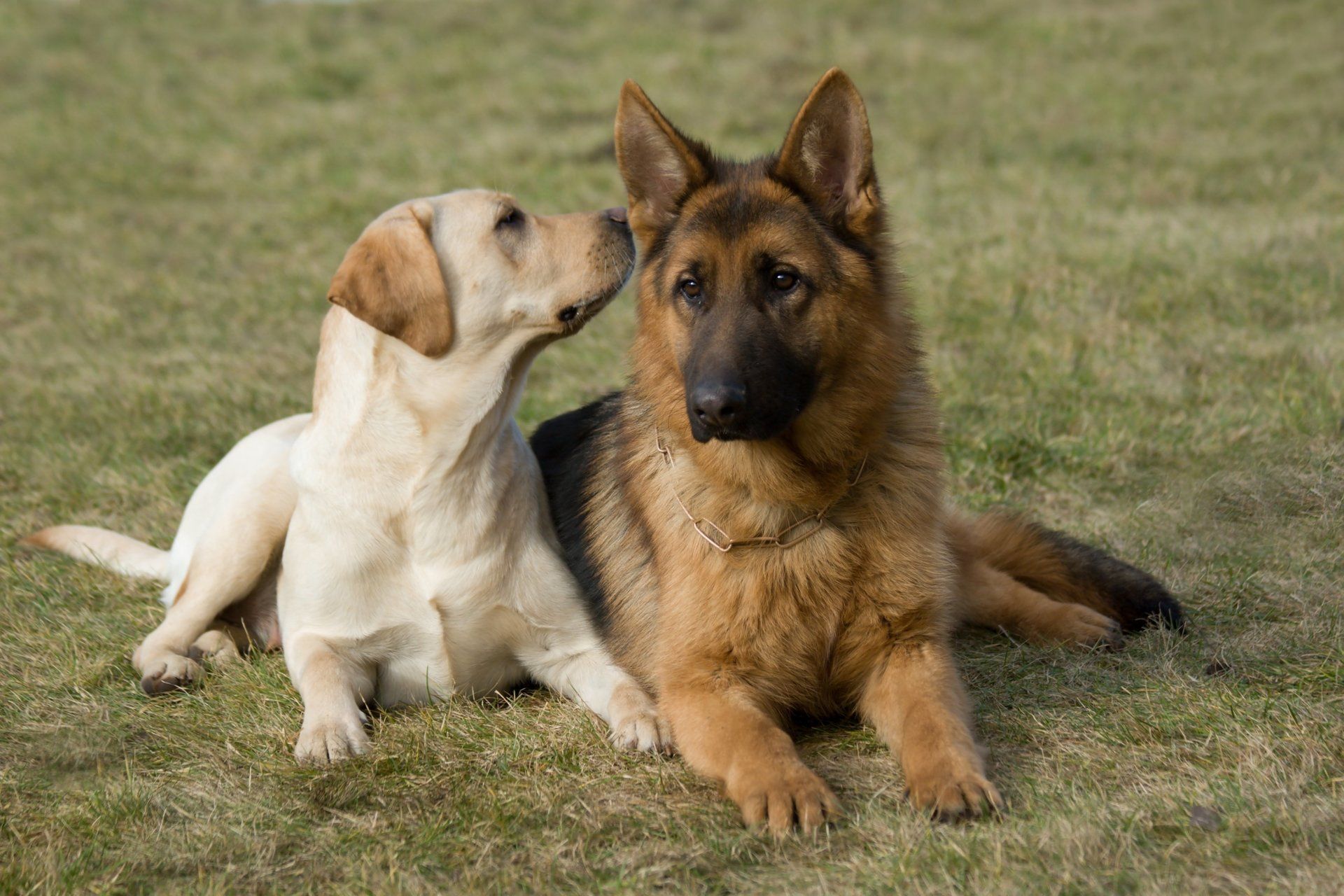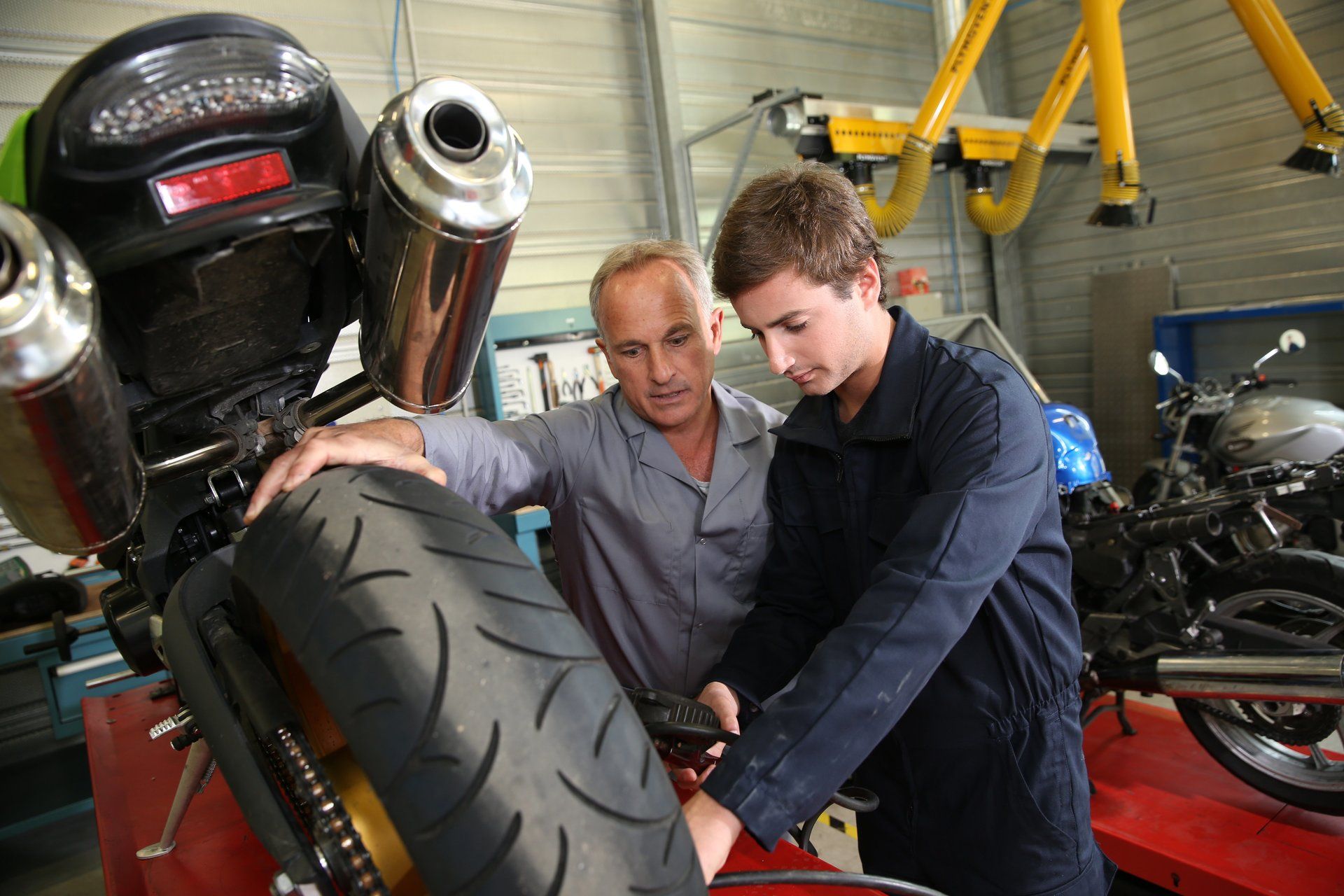Daily Program Schedule down below

Safety & Person-Centered Focus
Monday, June 29, 2020
Check in! Say hello to friends and staff. Share one thing you did over the weekend!
Person-Centered Focus
Discussion Topic: Goals
PRESENTERS: Start a discussion. Use these starters and make up your own questions.
- What is a goal?
- Why do we have goals?
- Do you choose your goals by yourself or work with someone?
- Share some of your goals.
- What goals in life have you achieved?
- What goal do you most want to achieve?
Areas for Goals
These are all different topics we can set goals for. Every person has to decide what life areas are most important. That is called a "priority." Which of these areas is a priority for you? Everyone has different priorities.
- Health
- Money
- Career
- Friends
- Relationships
- Family
- Possessions
- Travel
- Education
Movement Break - Options for Moves
PRESENTERS: See if anyone in the audience wants to lead the exercises
- Shoulder rolls - 5 forward, 5 backward
- Head turns - 5 on either side
- Trunk turns - move your torso to reach with both arms to either side, 5 times each side
- Arm diagonals - arms crossed in your lap, reach up over your head and stretch arms wide
- Leg Lifts: Sit and straighten a leg at your knee so your foot is off the floor - 10 on each leg
- Ankle and wrist circles - 10 each
- Shoulder blade squeeze
Health Awareness: Being healthy means you partner with your doctor to set goals that help you take care of yourself.
Have you seen or talked to your doctor recently?
If you have been to a medical office lately, what changes did you notice?
Has anyone had online medical appointments?
Now, review this list of questions with the group. Can you think of more important questions we can ask our medical doctor?
Questions in English: CLICK HERE
Questions in Spanish: CLICK HERE
Take a break, move, get up, drink water....or dance!
Health and Social Connection
Sharing Circle: Share what you adimire about your peers.
Some examples:
I admire my friend becuase......
They are helpful
They make me smile
They are nice
They are hard working
They call me
Discussion Topic: Less Stress
One thing that we can all do is learn how to stay healthy by managing our stress.
Reveiw the tip sheets below:
English: CLICK HERE
Spanish: CLICKE HERE
Ask everyone how they deal with stress.
- How can you tell when you feel stress?
- Where in your body do you feel stress?
- What do you wish people would do when you are feeling stress?
- What do you need to feel less stress?
Laughter to Lower Stress
- Put your arms out wide
- Laugh like a villain in a movie
- Laugh like a chimpanzee
- Laugh like a little tiny mouse
- Laugh like a horse might laugh
- Laugh like a giant
- Giggle like a happy baby

Community & Civic Education
Tuesday, June 30, 2020
Neighborhood
What is a neighborhood? It's not a city. It's not a county. It's not a block. Yet we still talk about neighborhoods and know what we mean when we say that word.
Click on a city or town. Which neighborhood is your home? Tell everyone about YOUR neighborhood.
Salinas (scroll down for list)
Seaside (map, CTRL and + to zoom in)
<Movement break!>
Cities and Towns Discussion
- How long have you lived in your town?
- Have you ever lived in another town or city?
- Have you ever lived in another state?
- In another country?
- What do you think "Local Government" means?
- From 1 to 10 how important do you think local government is?
- What 3 things would you like to learn about your local government?
Cities and Towns Have Goals Too
Yesterday you discussed your own goals. Did you know cities and towns have goals too?
City Government
Where IS a city's government? _______ Hall
Another word for City Government is MUNICIPAL Government. Municipality means city.
PRESENTERS: ask people to name a city or two then look up the city hall addresses or use the list above.
<body break - stretch, drink, jump around>
City government can have a lot of different offices and services. Look at the basic organization of a city government.
- Who has the biggest responsibility?
- Which GROUP makes the laws and ordinances for a city?
- Do you know that City Council meetings are open to the public? Anyone can go. And if you have something you want the city to do, or a problem you want the city to solve, you can bring it to that meeting and make it public.
Songs About Cities - Take a singing break
Cities Choose Goals
Cities have problems. Sometimes the people at City Hall know about them. Other times they don't. Residents of the city can bring their problems to the City Council.
YOU are a resident. You could bring your concerns to the City Council.
What problems do you notice that your city should try to solve? Anything in these areas?
- Transportation
- Roads and buildings
- Services like libraries, schools, water, sewer, recycling
- Cleanliness and condition of the city
- Access for wheelchairs, canes and walkers
- Availability of public places like parks and theatres
- Jobs
GAME BREAK!! Name that City!
How Do You Tell the City?
- The City Council members represent districts of the city
- Find out the City Council member for your district. Usually it's on the city website
- You can call that person's office, or go in person during office hours, or write a letter or e-mail.
- If it's a really BIG problem that the city doesn't have a good answer for, and many other people feel it's a problem, the City Council can decide to make it a goal to solve that problem.
Just like your goals can be about improving things, cleaning up, using your money or your things more carefully, learning new things, or completing projects, the city makes goals about similar concerns.
Pretend your group is a city council. PRESENTER: choose or invent a city problem to discuss. Everyoun can talk about how the problem can be solved for a few minutes. After a few minutes put the solution you came up with to a vote.
- City buses don't have wheelchair straps but the money wasn't in the budget
- The librarians are all on strike for more pay but the mayor wants to give himself a raise
- A woman in a small neighborhood wants speed bumps on her street to slow down drivers but her neighbors don't want them.
Answers to Name that City
01 -Rio De Janero, Brazil 02 -San Francisco, 03 - Las Vegas 04 - Los Angeles 05 -Sydney, Australia

Well Being & Social Connection
Wednesday, July 1, 2020
Having good relationships makes life better. Family, friends, partners, pets, all enrich our lives. Relationships that last a long time are really good. When relationships don't last it can hurt.
Watch this video about some of the skills for taking good care of relationships.
Think of people you see at least once a week that you consider to be good friends or family. Discuss these questions
- How do you show someone you are happy to see them?
- How do you let them know you miss them when you haven't seen them for a while?
- Who usually calls or asks to visit? You? Or the other person?
If you have pictures of these people you want to share, show the group. Do you have any gifts or cards they have given you?
<<Movement Break>>
Give and Take
Friendships and relationships have what is called "give and take." Friends in relationships give each other things and do things for one another. Discuss these questions to decide if friendship is about getting, or something more.
- What makes you want to get to know someone?
- What does it mean to "have things in common?"
We often feel connection with people who like the same things we like, who admire what we admire and get excited about what excites us. This is like sitting side-by-side with your friend to enjoy something you both like.
- What do you naturally give your friends? Cards? Gifts? Attention? Compliments? Respect? Favors? Time? Support when they are having a hard time?
- What do your friends give you?
We also NEED our friends. And, they NEED us. Because friends help each other with problems, celebrate one another's achievements, and give each other all kinds of social and material things that make life feel great. That's the Give and Take of friendship.
It's like sitting across from one another to focus on and learn about each another.
<movement and water break>
GAME TIME! -- CONCENTRATION
Play the first round on things friends give each other. Then change the categories to your own ideas.
Video Instructions if you need them
Everyone claps and pats their hands in a pattern. Someone starts the game by saying: "Let's play a game of concentration. No repeats or hesitation. Category is: ___________________: (gives an example of the category."
Each person says another item from the category. PRESENTERS, you might have to call on people in Zoom so they know it's their turn.
When someone hesitates or repeats an answer, that round is over and someone else gets to pick a new category.
<Brain and body break>
Well Being Practices
Practicing Gratitude VIDEO-- fun ways to do it
- Gratitude Journal - Find any notebook to write in and list the things you are thankful for
- Gratitude Catch - Play that game with someone in your home.
- 2 Lists: Have to and Love to - Find a paper or record it in your phone or put it on a white erase board
- Finish your leftovers - Look around your house. What have you been ignoring that you own that could really be fun right now?
- Redefine what a win is - Think about your goals and what matters to you. It's good to get closer. You don't have to have everything perfect.
- Give real compliments - It makes other people feel grateful and spreads well being around.
PRESENTERS: If your district didn't send out pipecleaners, skip. Otherwise, demonstrate this craft on video. We will do more of these so don't worry.
Check out these cute pipecleaner guys you can make. If you got pipecleaners in your pack this week, you're ready to go. If not, we'll check in again next week.

Self-Advocacy, Rights & Responsibilities
Thursday, July 2, 2020
TRAIN YOUR STAFF DAY!
If you're going to meet your goals, get your independence, and become a great self-advocate, you need to be able to teach the people who support you what they need to know about you in order to help.
Step 1 - Find out about your staff's skills and experience. They work for you, after all. You should know their skils.
PRESENTERS: Have clients read, or you read for them, each question. Then all the staff in the session should answer.
- How long have you worked supporting people?
- What kinds of programs and places have you worked in?
- Have you ever lived with someone with a disability?
- Are there things about you would count as a disability? (wearing glasses, taking medicine for a condition...)
- What level of CPR and First Aid certification are you?
- What is your best skill for this work?
- In what area do you want to improve or learn more?
Step 2 - Tell/show who you are
PRESENTERS: Pose each question and have participants answer around the group, then go to the next question.
- Tell/show your likes and dislikes
- Tell/show your routines
- Tell/show your biggest goals or dreams even
- Tell/show how you want someone who is helping you to get your attention
- Tell/show how you want someone who is helping you to communicate with you
- Tell/show what parts of your disabiilty make it so you need more help
- Tell/show what work habits you expect people helping you to show (on time, clear speaker, willing to stay if needed, etc.)
Body Break
Let's get up and move! CLICK HERE FOR VIDEO
Step 3: Role play these situations with your staff to see how they respond. Give them a thumbs up if you like the way they handle it. Show/tell them if you want something different.
PRESENTERS: read the scenarios and act them out with different participants, then debrief the interaction with the group.
- You wanted to see a friend but the plans fell through. You are angry and dissappointed and don't want to do anything else that day.
- Your staff served you food that they know you don't like.
- A group is going swimming but when you get to the pool it's closed and won't open for an hour. The staff person says everyone needs to wait in the van until it opens, but that is too hot and boring.
- You got up late and your morning routine got all messed up. You get mad and yell at your staff person. You see he's hurt by your outburst.
Show & Share
Ask the group, "Where do you go to watch fireworks?"
Watch this cool video! CLICK HERE
Craft with Paper
Go Grab some paper! Newspaper, lined paper, scratch paper etc...Make a fan by zizag folding a colorful sheet of paper ;)
Here is a wiki-how-video
Pipe Cleaner Art - 4th of July Sparklers
PRESENTERS: If your district didn't send out pipecleaners, skip. Otherwise, demonstrate this craft on video. We will do more of these so don't worry.
4th of July Food Favorites
Food images of different dishes-use reactions to vote on the best ones
Use the images in this article to cast your vote.
Covid-19 Safety on the 4th
Tips--remember to social distance even during the 4th
Ask the group how they plan to stay safe. Use this article for some tips. CLICK HERE

Knowledge & Fun With Friends
- District Wide Meeting 9-9:45 or 10 am depending on district
- 9-9:10 moderator lets people in and assigns people to breakout rooms -- Greetings and Check Ins.
- 9:10-9:20 Introduce the day, date, time, weather, Today in History
- 9:20-9:35 Current Events - regional, national, world
- 9:35-9:40 Bio break/Dance/Music
- 9:40-9:45 Intro Theme of the Day -- Go to BREAKOUT Rooms
- Breakout Room Sessions 9:45 or 10-11 am depending on district
- Call attention to the theme of the day and check awareness
- Review technology tolerance Strategies
- Technology just goes out sometimes.
- We stay calm and carry on
- Waiting patiently or trying again
- Asking for help
- Check-in: Each person reports on themselves
- Show and Share: people who wish to can share something they want to show everyone
Presenters work in a pattern, switching off. Keep focus on one subject for no more than 10 minutes. Then offer a change in activity/focus.
1. Gain attention for the subject/idea
2. Say what we will learn (objective)
3. Show the resource and delivers the content
4. Prompt individuals for response/action and give feedback
5. Remind everyone what was just learned
6. Open group feedback and review learning
7. Prompt learners to say what they learned
8. Ask learners for other contexts where learning can apply
Check with participants for what afternoon activities they want to explore. Note for assignment to breakouts in the afternoon.
- Community College Hour 11-12 noon
Learners return to the main meeting area and are encouraged to
- Access the Adult Education meetings at the links to colleges on the Home page
- Eat a healthful lunch
- Move physically for health and well being
- Take on the activity packet or other projects
- Socialize with people in their physical locations
- Noon Hour
Learners return to the main meeting area and are encouraged to
- Eat a healthful lunch
- Move physically for health and well being
- Get off of screens for a while
- Take on the activity packet or other projects
- Socialize with people in their physical locations
- Afternoon Choices 1-2:00 or 2:30 pm depending on the district
Participants return to the district meeting area at 1pm.
- 1-1:25 or so moderator assigns breakout rooms based on configuration for the district - client choice should drive assignments however possible
- 1:25-2:30 Breakout rooms explore the topics participants are interested in. Examples include hobbies, academic subjects, interactive web resources, games, reading aloud, writing groups, show and share, discussion groups, self-advocacy skills, crafts, virtual tours and other activities, activity packet use and guidance, etc.
- Loose Gather, Gab 2:00 or 2:30 -3pm depending on district
Participants will return to the main session from the breakout rooms or can extend breakout room time. In the main room facilitators/presenters can:
- share a whiteboard to graffitti and give notes
- talk with friends and Hope employees
- ask about everyone's experience
- discussions about learners taking over or offering sessions or topics
- raffles, trivia, quizzes, games, awards, completion acknowledgements, birthdays, etc.
Learning Services may record as a mechanism to collect feedback but will not publish.

